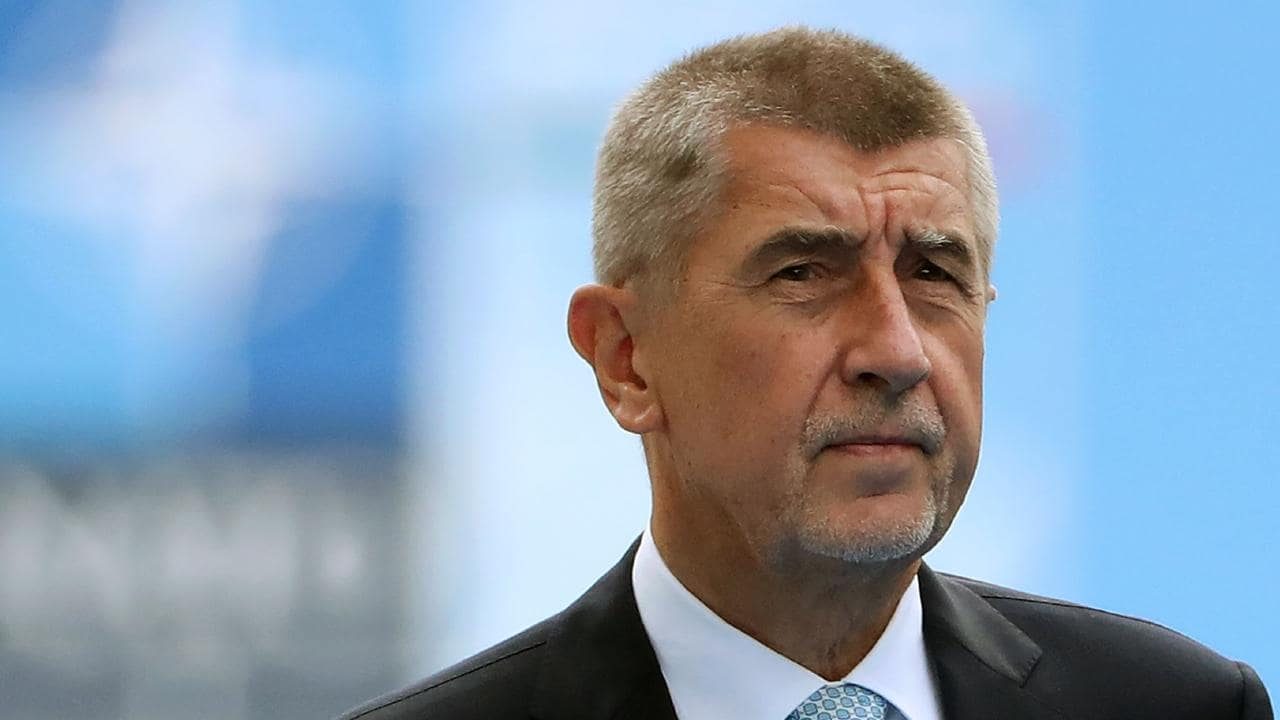
Pavel Burian
July 9, 2020 PoliticsVirus helps Babis go on a spending spree

The Czech Republic’s billionaire prime minister is turning the coronavirus crisis into an opportunity to roll out an investment firehose he’s been dreaming about since taking power.
Andrej Babis has overseen one of Europe’s most successful campaigns to overcome the initial wave of Covid-19. Now he’s trying to pull the economy out of recession before the economic fallout risks undermining his popularity before 2021 elections.
On Wednesday, he received approval from lawmakers to widen the budget deficit to a record $21 billion, or about a 10th of the economy. A key part of the plan envisages about $5 billion on building and repairing highways and railways in a major infrastructure boost after years of pinching pennies.
“This budget is designed to protect jobs and support investments, and it benefits all citizens,” Babis said Wednesday before the vote. ”No one in this country has ever before invested this much in infrastructure.”
After winning elections in 2017, Babis has benefited from economic growth that boosted budget revenue and allowed him to raise pensions and state wages. He’s also drafted an ambitious investment program, but financing it with debt was a non-starter in a country averse to borrowing.
Enter Covid-19. In the face of economic paralysis, the Czechs, like many nations, tore up their fiscal plans, and Babis’s cabinet raised the deficit target by more than twelvefold to the current 500 billion koruna ($21 billion).
The proposal reflects lower tax collection and the surge in virus-relief spending, which includes helping companies pay wages of furloughed workers. It drew sharp criticism from the center-right opposition because it increases the nation’s debt load.
”We regard such an increase in indebtedness as an economic crime, which all Czech citizens will pay for in the future,” said Petr Fiala, the leader of the Civic Democrats.
Even before the crisis, Babis frequently spoke of his desire to improve roads and railways. More than 30 years after the fall of communism, the only way to get to neighboring Austria is by congested two-lane roads. While the Czech Republic is a transit country for much of Europe’s cargo, the total length of the Czech highway network is less than half of that in poorer Portugal.
Railways are also in bad shape. The existing tracks are so outdated that a train trip from Berlin to Vienna via Prague takes more time than a route that’s a quarter longer but bypasses the Czech Republic altogether.
The latest deficit amendment should be more than enough to cover the government’s needs for this year, but the state might struggle to execute enough projects, according to Vit Hradil, an analyst at Raiffeisenbank AS in Prague.
“The economy will no longer be able to absorb higher investment spending,” Hradil said.
The benefit to years of a conservative fiscal approach is that the Czechs entered the pandemic with one of the smallest debt burdens in the European Union. The yield on the sovereign 5-year bond is now 0.34%, less than a third of the level before the first cases appeared.
Ample koruna liquidity is prompting investors to flood into the record debt issuance needed to finance the fiscal stimulus. While lawmakers were debating the deficit increase on Wednesday, the government sold bonds in an auction that was more than four times oversubscribed.
That’s blessing for Babis, who is facing a regional ballot this fall and will seek another term in general elections a year later.
“The government is in our view also reflecting the approaching elections, both the regional in autumn of this year and the parliamentary in autumn of next year,” said Jaromir Sindel, a Citigroup Inc. economist in Prague.
Credit: Bloomberg

